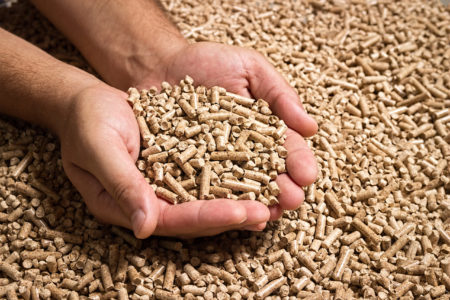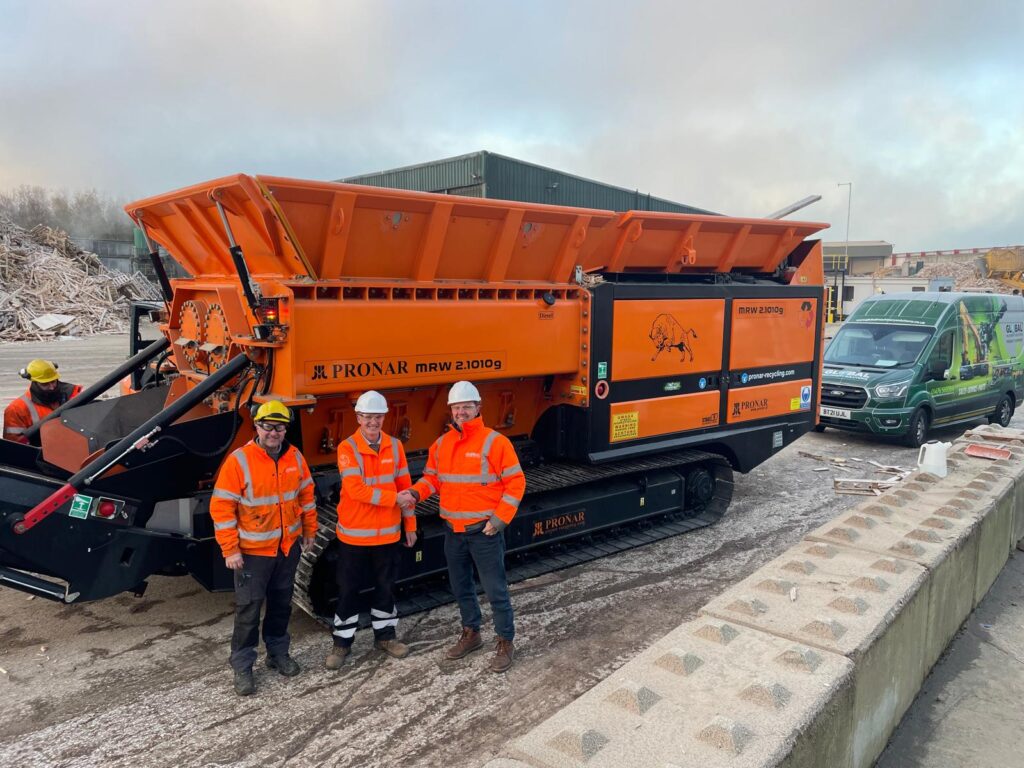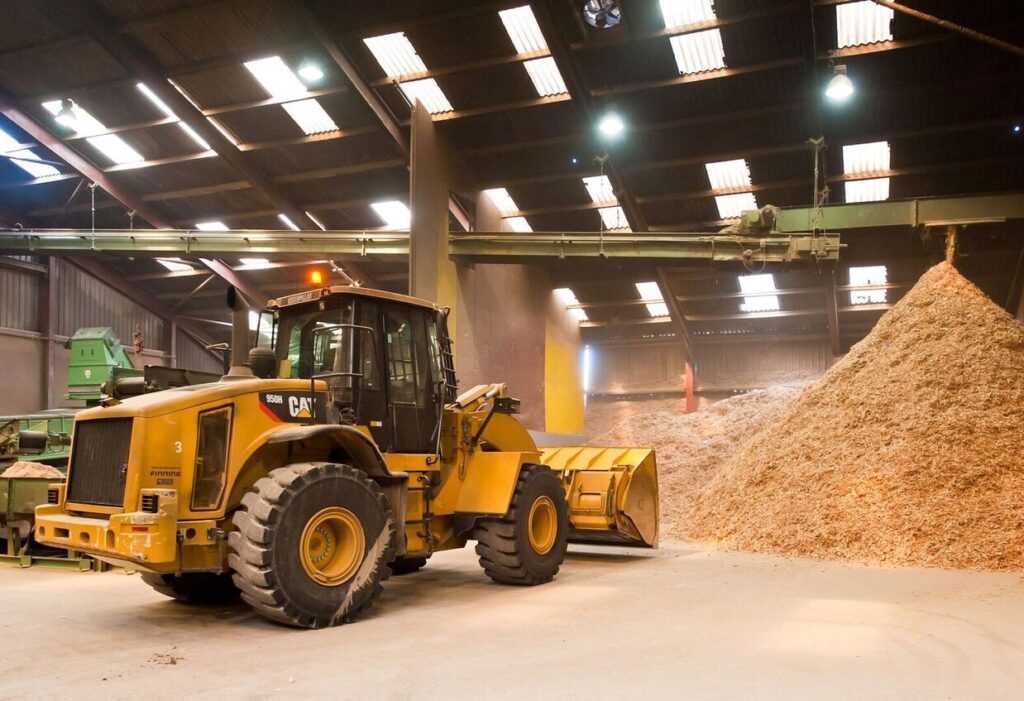First published in August 2019, the LRWPs cover operations which the Environment Agency considers “may be suitable for an exemption” from an environmental permit.
Construction
This was updated on Monday, 6 January 2020, to add a position for ‘using waste wood from construction to manufacture finished goods under a U9 exemption’.
A U9 exemption allows the use of waste in place of raw materials to manufacture a finished product.

This includes using wood, bark, cork, sawdust, shavings, cuttings and particle board from the construction industry to make finished goods.
This doesn’t include the panelboard sector however, as woodchips supplied to here “wouldn’t be covered by U9”.
Under the terms of the LRWP, the Agency says that waste wood from construction can be used to manufacture finished goods under U9 without a permit, providing operators register the exemption and only use untreated wood, coded as 170201.
“If the Environment Agency provides a LRWP for an activity, you can carry it out without an environmental permit for a waste operation provided that you meet all the conditions,” the Agency document said.
It added: “The Environment Agency may review its LRWPs. It may decide the activity is no longer suitable for a LRWP or that the conditions need changing.”
Pellets
The other three LRWPs were published in August 2019, and outline the Agency’s stance on storing woodchip from untreated wood packaging and using it to make pellets, treating waste wood fibre to make animal bedding and using waste as a fuel in a small appliance.
The LRWP said that providing operators only store or treat up to 500 tonnes of woodchip over any seven day period and only store any waste for up to three months after treatment, a permit isn’t required for storing woodchip to make pellets.

A permit also isn’t required for using waste as a fuel in a small appliance, providing no more 50kg of waste is burnt an hour, a maximum of 10kg is stored at any time, and the waste is stored securely.
For animal bedding, an operator wouldn’t need a permit providing they only store up to 300 tonnes of wet waste and 150 tonnes of dry waste at any one time.
And, the yearly tonnage can not exceed 7,500 tonnes before a permit is required.
Environment
Alongside the conditions in all four LRWPs, the Environment Agency said operators must “make sure activities do not endanger human health or the environment”.
This includes causing a risk to water, air, soil, plants or animals, causing a nuisance through noise or odours or adversely affect the countryside or places of special interest.
Usefeul links







Subscribe for free